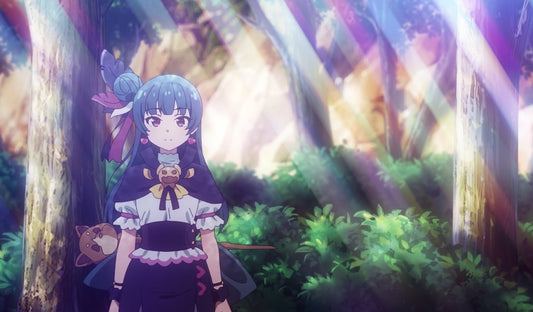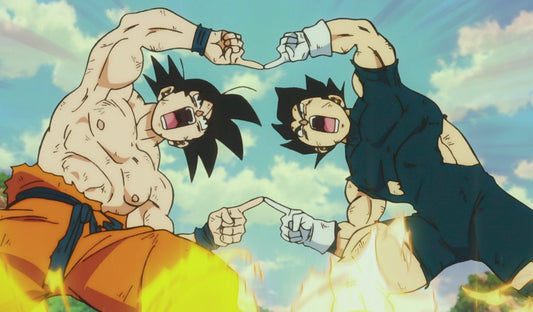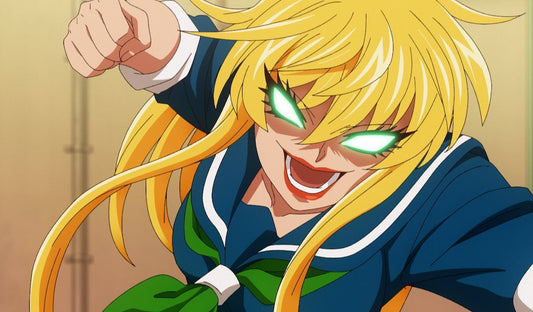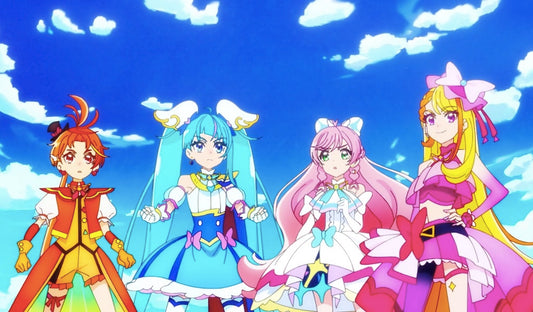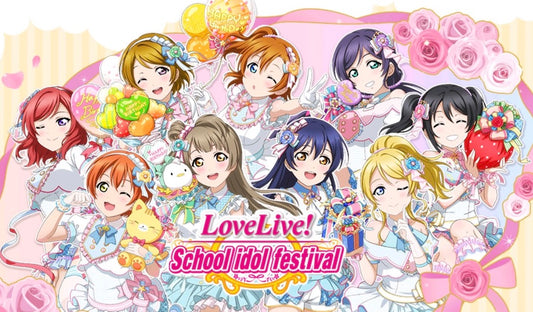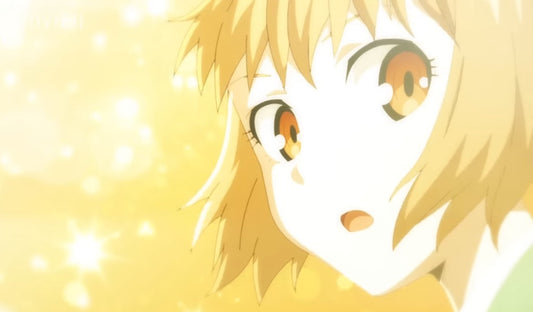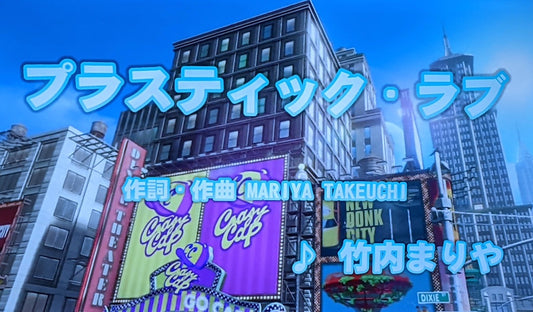The Canon of Kanan: Love Live! Sunshine!! Character Controversy
Carl LiShare
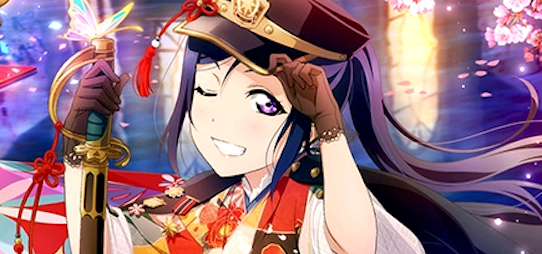

Two weeks ago, I wrote an article concerning Love Live! Sunshine!! character Kanan Matsuura’s rise from being last place in the very first Center Election (a vote which determines who will be the main performer for the next song) to actually winning the most recent third election for their newest song, “Happy Party Train.” I chalked up a sizable portion of this change to her appearance in the anime, a portrayal that personally turned me into a fan.
Since then, however, thanks to some helpful reader comments, I’ve learned that there were many more gears helping to drive the Kanan engine to victory (locomotive pun very much intended). It paints a complex image of how Love Live! fandom works whereby it is possible to engage in substantially different experiences as a fan that can shape one’s view of a character like Kanan.
My previous article made it sound like the anime was the only factor that brought about Kanan’s win. This was not my intent, but I can see why it would come across that way. I was writing from the perspective of someone who’s preferred Love Live! experience is through the anime, and to lesser extent the mobile rhythm game. I thus failed to mention that there’s more to the franchise than just written information and some television series.
As Reddit user MasterMirage points out, one of the factors that led to Kanan’s win was a twitter campaign to drum up support. While it’s impossible to truly tell how much impact this had overall (retweets don’t automatically mean votes), it does highlight that the existing Kanan fanbase, the one that supported her even before the anime began, is not to be underestimated. After all, the most hardcore fans, the ones who loved her before the anime ever came out, are also the ones most likely to spend the time, money, and energy to support and vote for her every Center Election.
One point that intrigued me was the idea that many Kanan fans believed the anime did a disservice to her character. The biggest sleight, apparently, was that in one episode Kanan didn’t even talk. This appears to run counter to my statement that the anime portrayed her well, but I actually think the two aren’t necessarily contradictory. What it instead highlights is how two different subgroups within the greater Love Live! Sunshine!! fandom—those who more or less learned about her through the anime and those who already knew and adored Kanan beforehand —could have two very different perspectives.
I’m of the former category. Although I could see that Kanan got less screen time compared to many of the other characters, I found each of her relatively few appearances to be golden. Her mix of attitude, wisdom, and loyalty, as well as her backstory as a “failed” school idol, made me feel that there was depth to Kanan. Sure, she might have been in the background a bit, but plenty of my favorite characters aren’t in the spotlight.
However, when viewing Aqours as an idol group borne out of that AKB48 mold, with Center Elections as a way to create competition between fans (and lots of sales!), it might be better to think that each girl is somebody’s star. To me, who slowly learned about the characters through each episode of the anime (and prioritized those portrayals regardless of what existing material was around), she was just a great character that appeared less often than some others. But to the fans who had been supporting Kanan from the early days—the ones who rallied for her in the previous Center Election only to see her end up in last place—the lack of Kanan is potentially insulting. “She’s the best! She deserves more screen time! Why would you neglect her like that?” Still, I can’t see the anime having zero or negative effect on Kanan fandom, simply because there had to be others like myself who came to like the character through her portrayal there, and who possibly ended up voting for her as a result.
Another factor to Love Live! that I find influences fan perception is the fact that some characters can come across as significantly different between mediums. For example, in the first Love Live! anime, Nico Yazawa’s abrasive personality is tempered with portrayals of her home life and her previous failed attempt at being a school idol. In the Love Live! School Idol Festival rhythm game, however, she’s presented mainly in terms of her bad attitude, resulting in a more readily iconic character at the expense of less depth of personality. With Kanan, I found a similar contrast. Having listened to a drama CD featuring her, I found that Kanan more willing to joke around, and carrying less weight on her shoulders. While the anime version and the drama CD versions share many traits, they’re different enough that the anime Kanan might not have captured what made people fans of her originally, even if that Kanan was a fine character overall.
There are many versions of Kanan Matsuura and many kinds of Kanan fans. To chalk up her rise to Center purely on the anime was a mistake on my part. However, given that the early fans by themselves were not enough to shoot her to the top during the first Center Election, I still believe the anime didn’t play all that small a role. While existing Kanan fans might not have agreed with her portrayal or visibility, she was still a very interesting character whose sharp with, athletic appearance, and emotional conflicts helped make her a memorable presence.
Image Sources: Love Live! School Idol Festival, Happy Party Train PV
